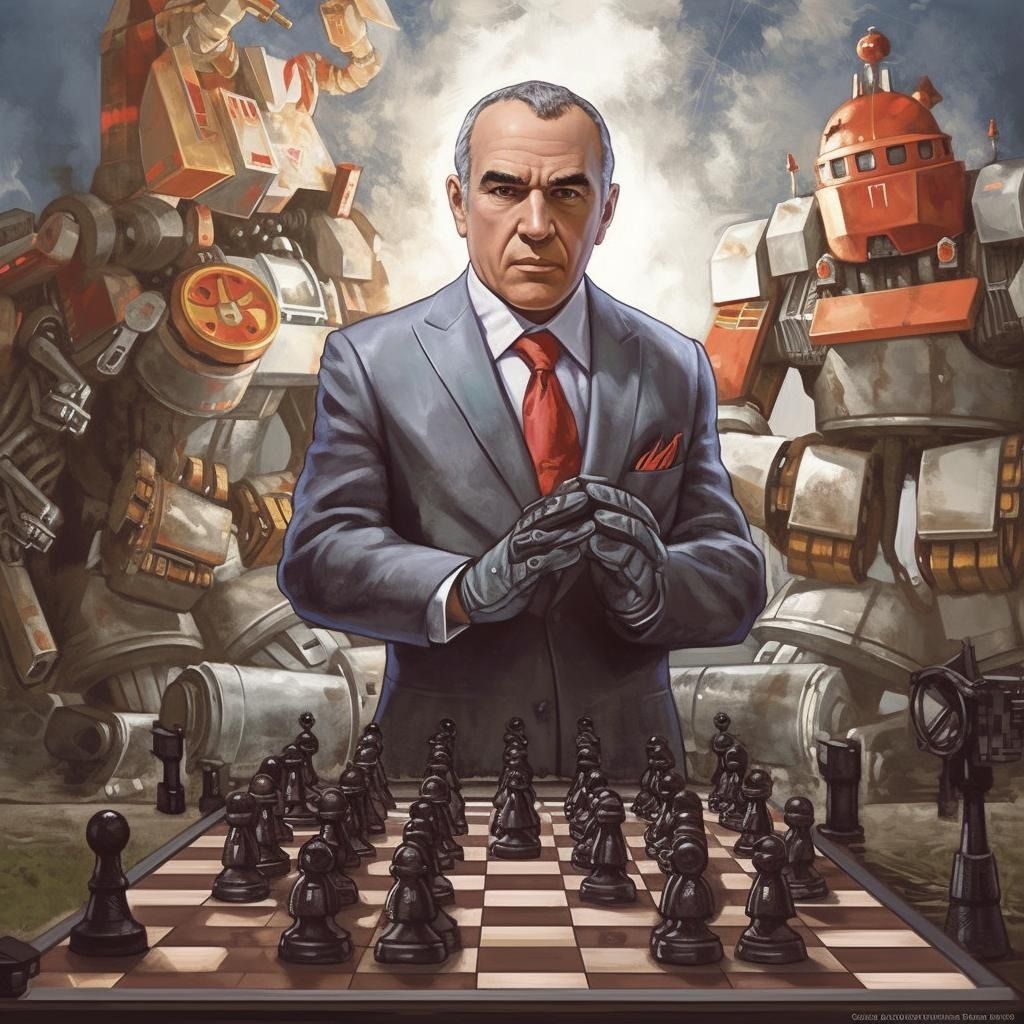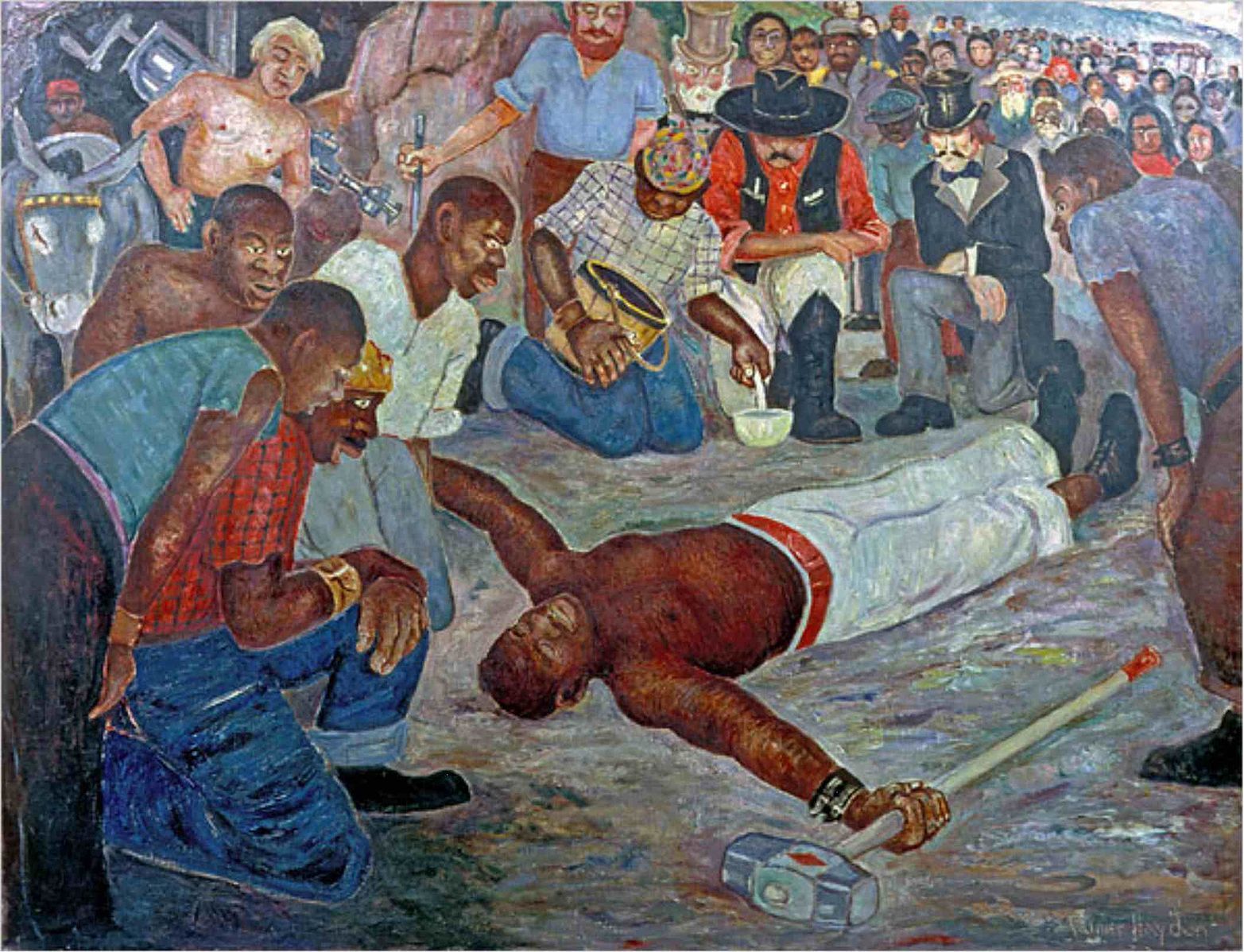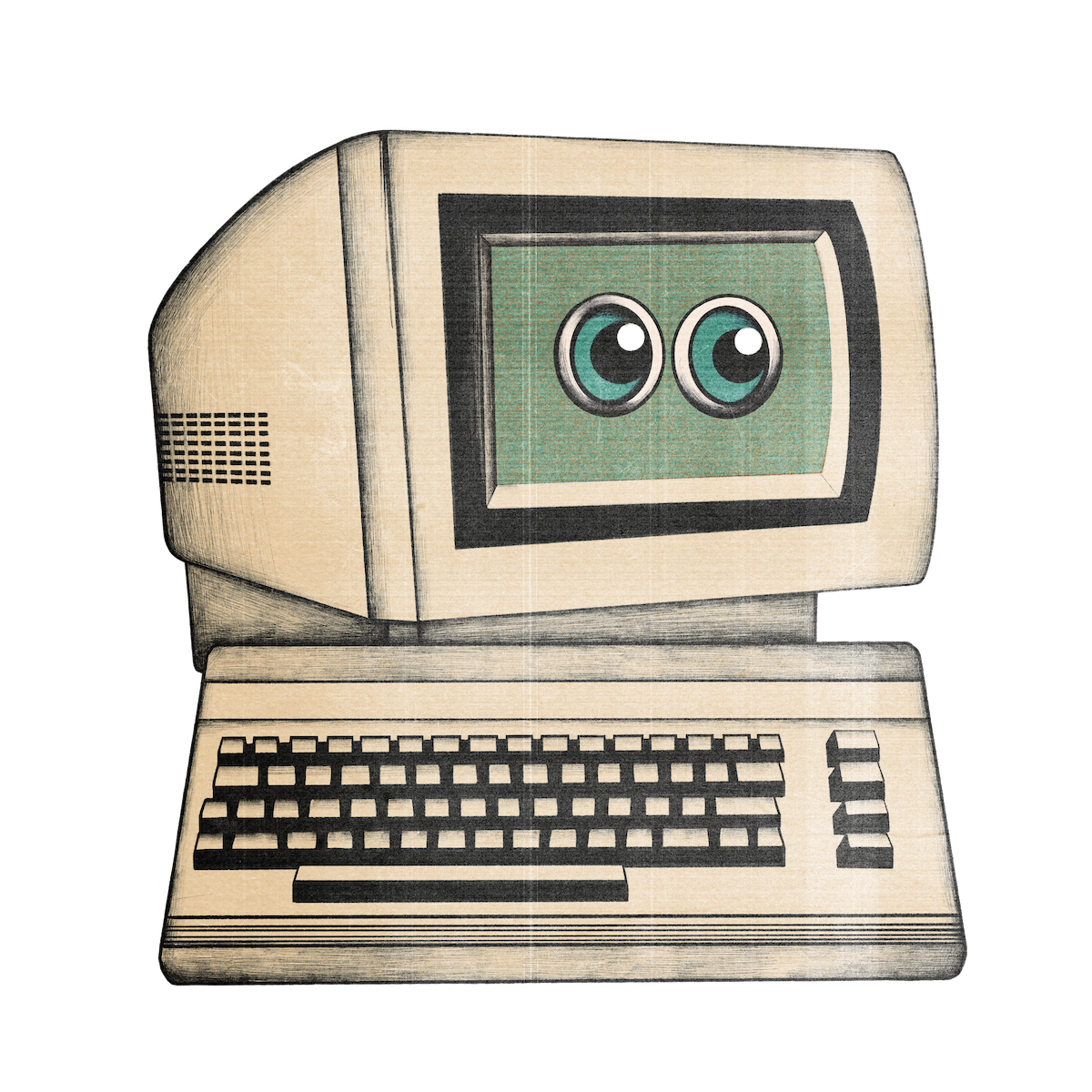The first man to lose his job to AI

Header image by midjourney: "Garry Kasparov in a suit of mecha armor staring across a chessboard from a large monolithic robot with rocket launchers on its shoulders."
Garry Kasparov was the world chess champion from 1985 to 2000. Fifteen years!
In 1997, Kasparov famously lost a match to Deep Blue, a supercomputer built by IBM for the express purpose of beating him. Kasparov has a legitimate claim to the crown of "first person to lose their job to AI" – after that match, he was no longer the best chess player in the world.
Twenty years later, in 2017, Kasparov published a book, Deep Thinking, reflecting on his matches with Deep Blue, the impact of AI on his career and sport, and the broader implications for a society being similarly transformed.
When Kasparov lost to Deep Blue, a common sentiment was, "Chess is over. Why would a human want to play chess when they know a computer can play it perfectly?" Kasparov reminds us that not only has chess never been more popular (even more true in 2023), but also that the human players today are the best players that ever lived because of AI.
When Kasparov evaluated optimal moves in training, he relied on books, local experts, and manual calculations. By contrast, Abhimanyu Mishra, who recently became the youngest Grandmaster in history, has had a personal chess tutor orders of magnitude more powerful than Deep Blue since he learned how the pieces move.
You have one too – it's in your hand right now.
Here's an example of what AI assisted chess training looks like today. Lichess is the best chess site in the world (the other credible claim is chess.com) and is an unsung success story of the open source movement. Here is the training and analysis that all lichess players have access to, for free.
It's hard to imagine a competitive chess player today not using tools like these – and the game is better for it!
This phenomena is not isolated to chess. Poker has been transformed by solvers and Game Theory Optimal play. Cab drivers in London were once required to demonstrate encyclopedic street knowledge before getting a medallion, and today your UberX is routed by algorithms powered by GPS and real-time traffic. Even the mating patterns of our species have been transformed by the machines: dating apps are, at minimum, more efficient than previous match making methods.
Across nearly all aspects of modern life we benefit from situations where man has learned to work alongside machines – and the world is, on the whole, better for it.
Kasparov wants to reframe the conversation from "man versus machine" to "man with machine." He suggests the phrase "augmented intelligence" – humans acting with the assistance of artificial intelligence. He spent two decades exploring how humans could play chess with the assistance of AI and coined "Kasparov's law":
(weak human + strong process + machine) > (strong human + inferior process + machine) Kasparov also reminds us anxiety about losing our jobs to the machines is not new. A century before Kasparov there was John Henry, the American folk hero who, according to legend, his "prowess as a steel driver was measured in a race against a steam-powered rock drilling machine, a race that he won only to die in victory with a hammer in hand as his heart gave out from stress."

Blue collar workers have been losing jobs to machines for generations – yet few of us are yearning to return to the days before the industrial revolution. Now, a new class of white collar knowledge workers are concerned about losing their jobs to machines who can produce words more efficiently. It's easy to let that anxiety overshadow the opportunities.
If the advent of ChatGPT is causing you anxiety about your job and you'd like a more optimistic take on the opportunities ahead, you may want to watch Kasparov's TED talk, "Don't fear intelligent machines. Work with them."
Roberto recently wrote a piece for the IEEE that said, "AI won’t steal your job, people leveraging AI will." He says of ChatGPT,
it is OUR responsibility to use it in ways that foster economic progress. Putting our head under the sand or blocking the evolution is surely not going to help.
Like in chess, there is enormous opportunity for workers who learn to leverage these new tools to work better, stronger, and faster. And there is great risk for those who don't.
I'm giving a talk at API Days NYC on May 16th called "Opening Moves in AI: how to start working stronger, faster, and better." If you'd like to attend, you can buy a discounted ticket here.
